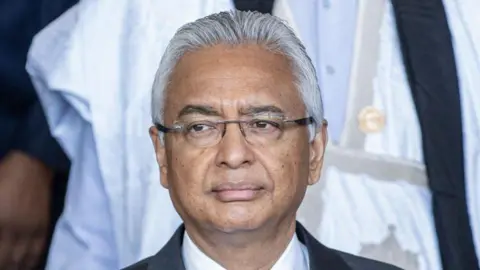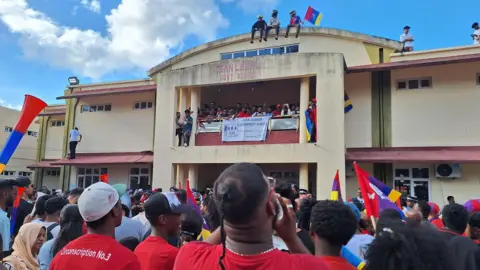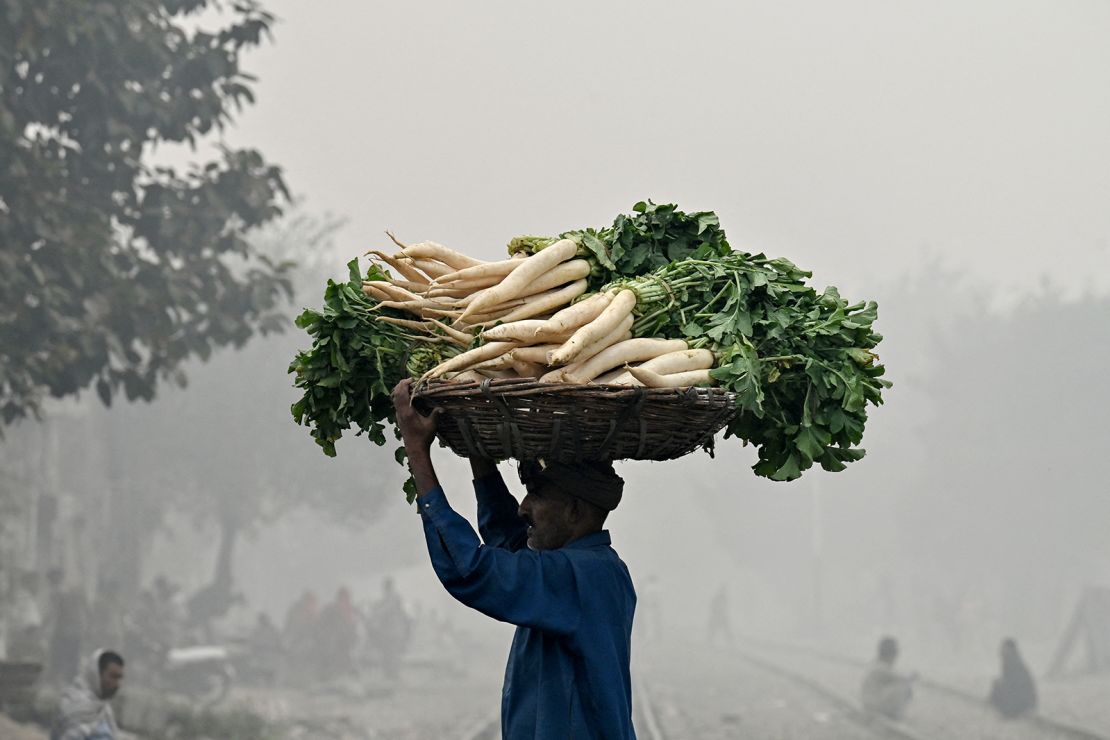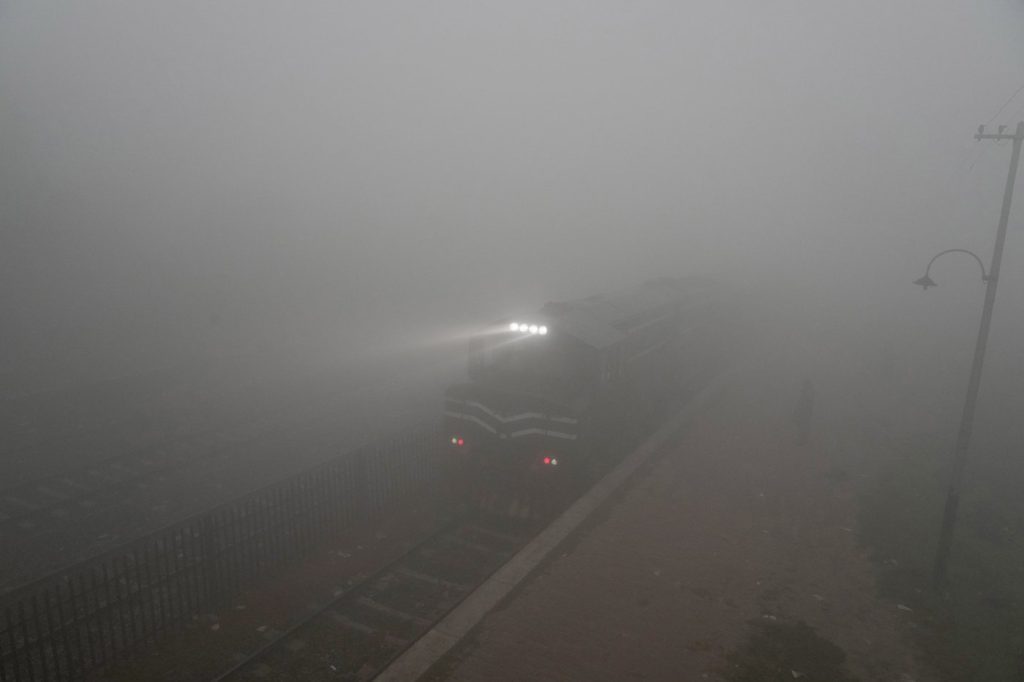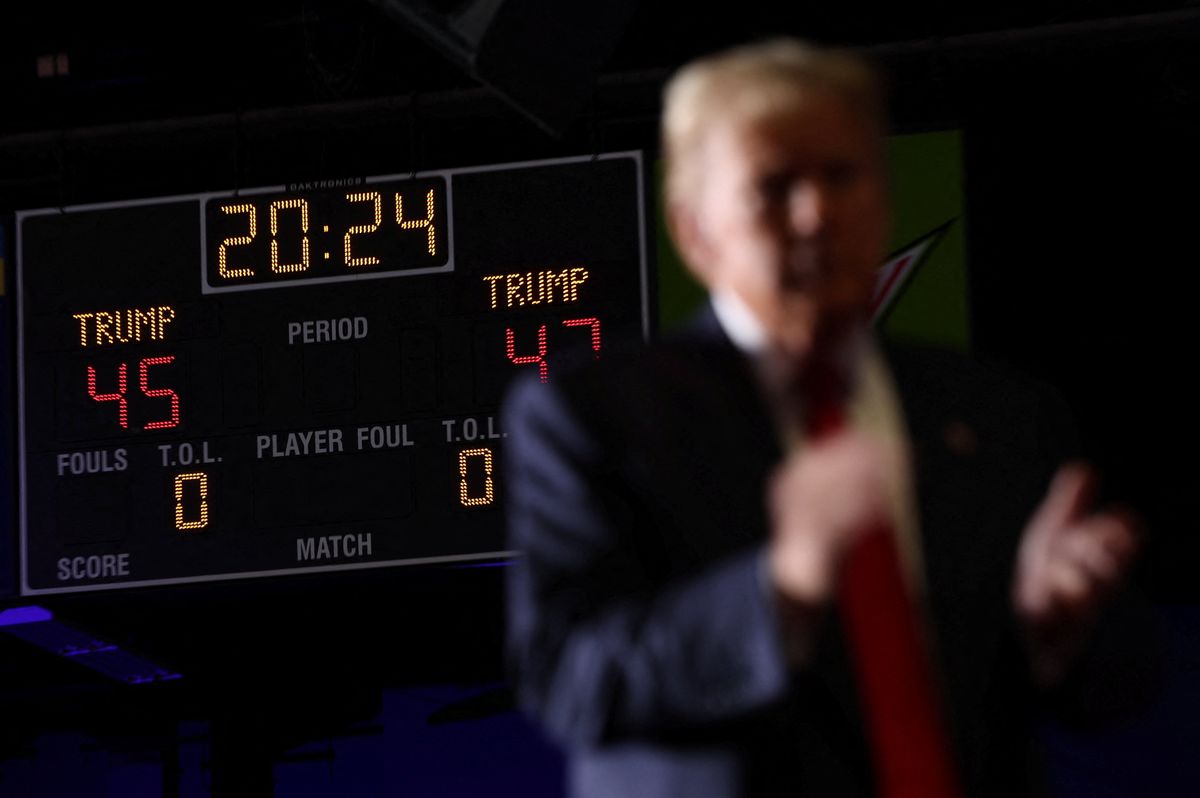Thousands of opposition supporters rallied Monday in Georgia’s capital in continuing protests against the ruling party’s declared victory in the October 26 parliamentary election amid allegations that Russia helped rig the vote.
People attend a rally to protest against alleged violations in a recent parliamentary election in Tbilisi, Georgia, Monday, Nov. 11, 2024. (AP Photo/Zurab Tsertsvadze)
Front from left, Deputy Marshal of the Senate of Poland Michal Kaminski, member of French National Assembly Frederic Petit and member of Finnish Parliament Jukka Kopra attend a rally against alleged violations in a recent parliamentary election in Tbilisi, Georgia, Monday, Nov. 11, 2024. (AP Photo/Zurab Tsertsvadze)
Deputy Marshal of the Senate of Poland Michal Kaminski speaks during a rally, protesting against alleged violations in a recent parliamentary election in Tbilisi, Georgia, Monday, Nov. 11, 2024. (AP Photo/Zurab Tsertsvadze)
BY SOPHIKO MEGRELIDZE
November 11, 2024
TBILISI, Georgia (AP) — Thousands of opposition supporters rallied Monday in Georgia’s capital in continuing protests against the ruling party’s declared victory in the Oct. 26 parliamentary election amid allegations that Russia helped rig the vote.
The protesters waved Georgian and European Union flags and gathered outside the Georgian parliament. They demanded a new parliamentary election under international supervision and an investigation into the alleged election fraud.
Giorgi Vashadze, leader of Unity National Movement Coalition, vowed that the opposition will “fight until the end.”
“Elections were massively rigged, that is why we don’t recognize election results,” he said. “Our goal is new elections, our goal is to form a new government, which will drive Georgia to European integration.”
Opposition leaders have vowed to boycott sessions of parliament and hold regular protests until their demands are met.
ADVERTISEMENT
The Central Election Commission said the governing Georgian Dream party won about 54% of the vote. Its leaders have rejected the opposition claims of vote fraud.
European election observers said the election took place in a “divisive” atmosphere marked by instances of bribery, double voting and physical violence.
RELATED STORIES
Thousands rally again in Georgia to protest the parliamentary election they say was rigged
Hungary's Orbán boosts Georgia's ruling party over election despite an outcry the vote was rigged
Georgia begins investigating its disputed election but the opposition calls the probe into question
The opposition has accused Georgian Dream, which was established by Bidzina Ivanishvili, a shadowy billionaire who made his fortune in Russia, of becoming increasingly authoritarian and tilted toward Moscow. It has recently adopted laws similar to those used by the Kremlin to crack down on freedom of speech and LGBTQ+ rights.
President Salome Zourabichvili, who has rejected the official results, says Georgia has fallen victim to pressure from Moscow against joining the EU. Zourabichvili, who holds a mostly ceremonial position, has urged the United States and EU to support the demonstrations.
Officials in Washington and Brussels have urged a full investigation of the election, while the Kremlin has rejected the accusations of interference.
Many Georgians viewed the parliamentary election as a pivotal referendum on the country’s effort to join the EU. The EU suspended Georgia’s membership application process indefinitely because of its passage in June of a Russian-style “foreign influence law.”
Lawmakers from several EU nations attended Monday’s rally in a show of solidarity with protesters.
“Somebody is trying to take your freedom, somebody is trying to take your democracy, your country, your membership in EU and NATO,” Zygimantas Pavilionis, a Lithuanian parliament member, said at the rally. “Don’t give up. Fight for your freedom, fight for your democracy, fight for your country , fight for your membership in EU and NATO.”
Georgian president calls for new elections to resolve political crisis
Georgian President Salome Zurabishvili has called for new parliamentary elections in order to resolve a political crisis that followed last month's vote, which the opposition said was rigged in favour of the ruling party.
Issued on: 11/11/2024
 Georgia's President Salome Zourabichvili at a march in support of Georgia's EU candidacy in Tbilisi, Georgia, 9 December 2023. On Monday she called for a new election following last month's vote, which the opposition said was rigged in favour of the ruling party. © Shakh Aivazov/AP
Georgia's President Salome Zourabichvili at a march in support of Georgia's EU candidacy in Tbilisi, Georgia, 9 December 2023. On Monday she called for a new election following last month's vote, which the opposition said was rigged in favour of the ruling party. © Shakh Aivazov/APBy:RFIFollow
"We are now facing a crisis," Zurabishvili said Monday at a press conference, where she called for "new elections so that Georgia could have a legitimate parliament, a legitimate government".
"Our friends are here to join us in seeking out ways to help Georgia emerge from this crisis," Zurabishvili said, referring to a group of MPs from eight European countries, including from France and Germany, who visited Georgia on Monday.
The pro-Western opposition has refused to recognise the results of the 26 October election, which the ruling Georgian Dream party said it had won by 54 percent.
Zurabishvili said the election was "controlled and manipulated by one party” and has accused Russia of interference.
The opposition has refused to enter the newly-elected parliament, which it deems "illegitimate."
A group of Georgia's leading election monitors said earlier that they had uncovered evidence large-scale electoral fraud that swayed results in favour of Georgian Dream.
Tens of thousands of people have taken to the streets in Tbilisi to protest the alleged fraud.
The European Union and the United States have called for a probe into what they called electoral "irregularities".
Ahead of the election, Brussels had warned the vote would determine Georgia's chances of joining the bloc.
(with AFP)


